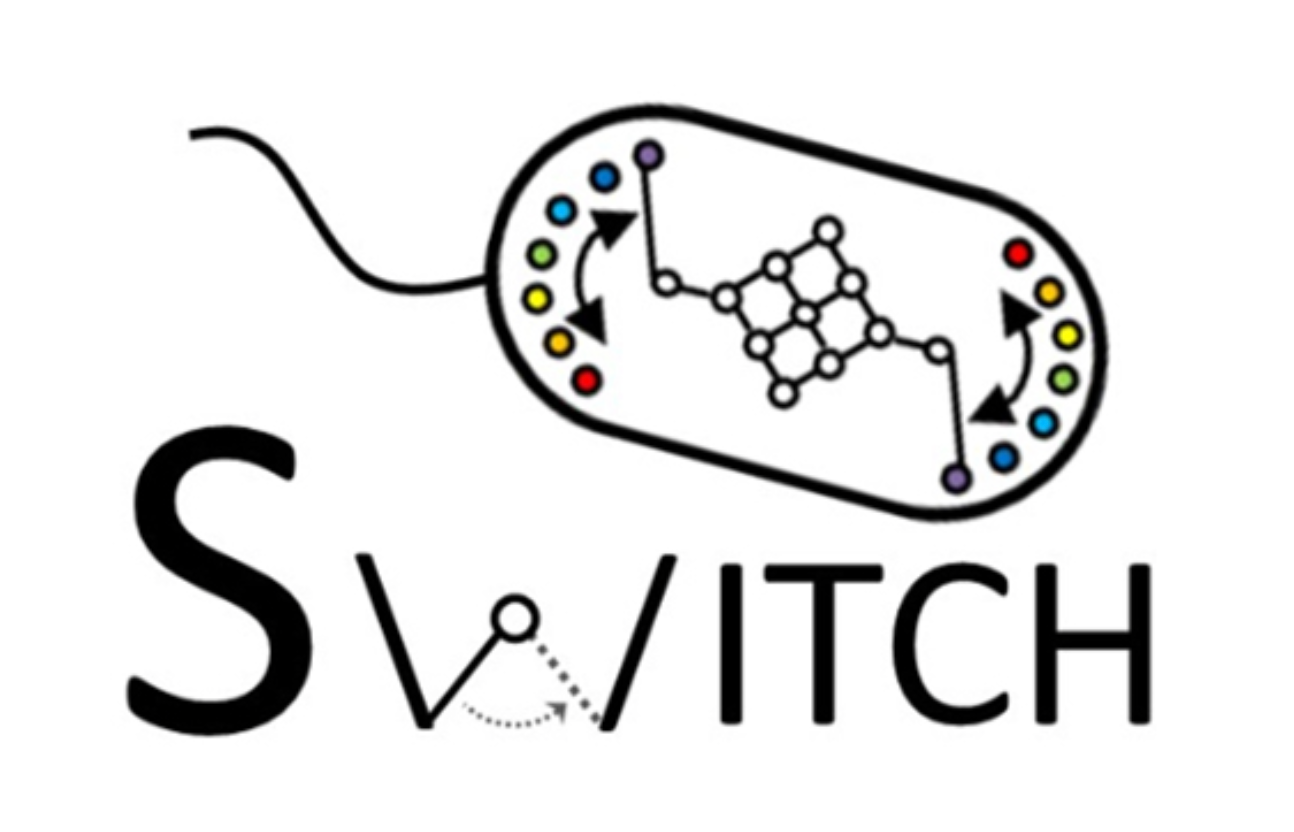Cybersecurity legend turned Twitter whistleblower “Mudge” is back – this time as CIO at the Department of Defense’s famous DARPA agency.
His appointment comes months after the defense research agency inked a deal with US Cyber Command to create an "expedited pathway for delivering cyber technologies from the laboratory to the cyber battlefield."
The former hacker was hired by Twitter in November 16, 2020 and reported directly to Twitter’s then-CEO Parag Agrawal. After attempting to report egregious alleged security failings at the social media company, he wound up a) fired and then b) testifying about them in the Senate.
Twitter said at the time that the security leader, whose actual name is Peiter Zatko, was fired for “poor performance and ineffective leadership”.
DARPA clearly has no such reservations and has hired him as its new CIO.
Zatko previously worked on the cybersecurity research team at the defense agency (which has a mandate to “make pivotal investments in breakthrough technologies for national security”; often experimenting on some wild stuff along the way) and is now back at the highest of levels.
See also: “Bring memes”: Dave Luber takes over as NSA Director of Cybersecurity from Rob Joyce
He posted on X: “I'll be at Defcon this year on stage with the Agency Director talking about larger picture items, and hopefully even greater ambitions than when I last keynoted BlackHat/DefCon as a DARPA PM.
“We all pulled off real magic the first time I was at DARPA (~ 2010-2014). In addition to helping stand up I2O as the agency “Cyber” office, a lot of the magic created through things like Cyber Fast Track (CFT) were due to the direct participation of this community,” he said on the social network.
“The projects, designed to ensure they gave back to this community, continue to evolve and grow today! Let’s see if we can make an even bigger dent in the universe this second time around!” Mudge added.
Among other interesting "cyber"-related programmes underway at DARPA is the AI Cyber Challenge (AIxCC) – a two-year competition "aimed at driving innovation at the nexus of AI and cybersecurity to create a new generation of cybersecurity tools" and the TRACTOR programme which aims to achieve a "high degree of automation towards translating legacy C to Rust, with the same quality and style that a skilled Rust developer would employ, thereby permanently eliminating the entire class of memory safety security vulnerabilities present in C programs."







